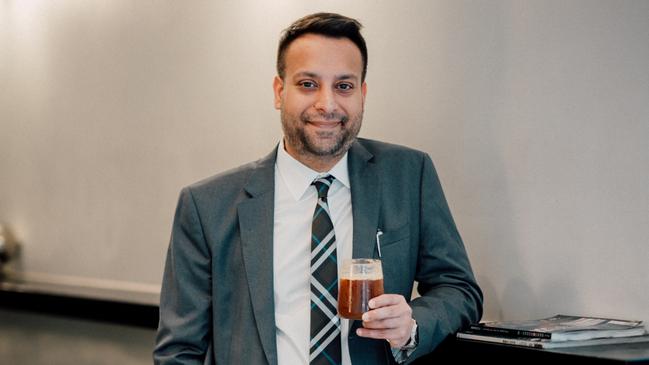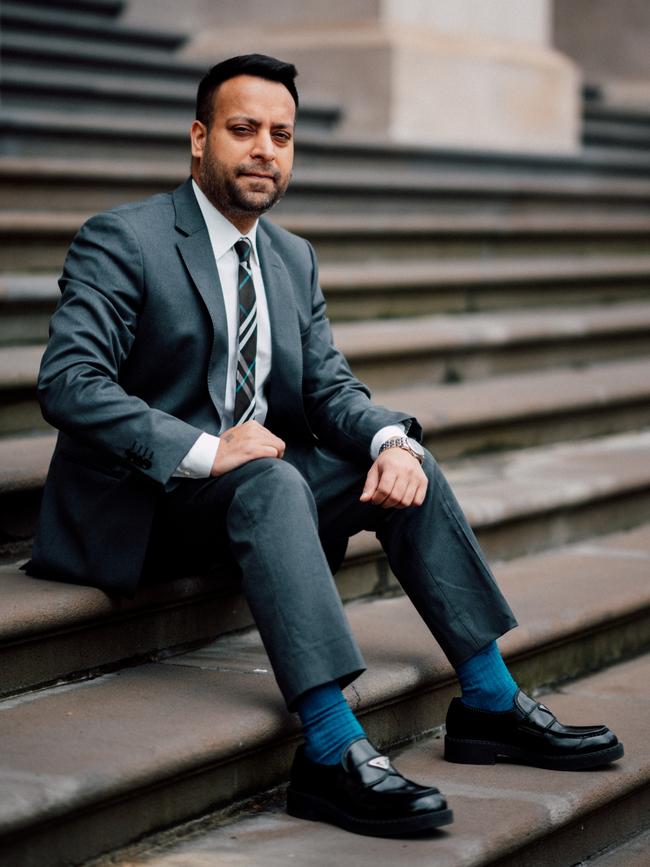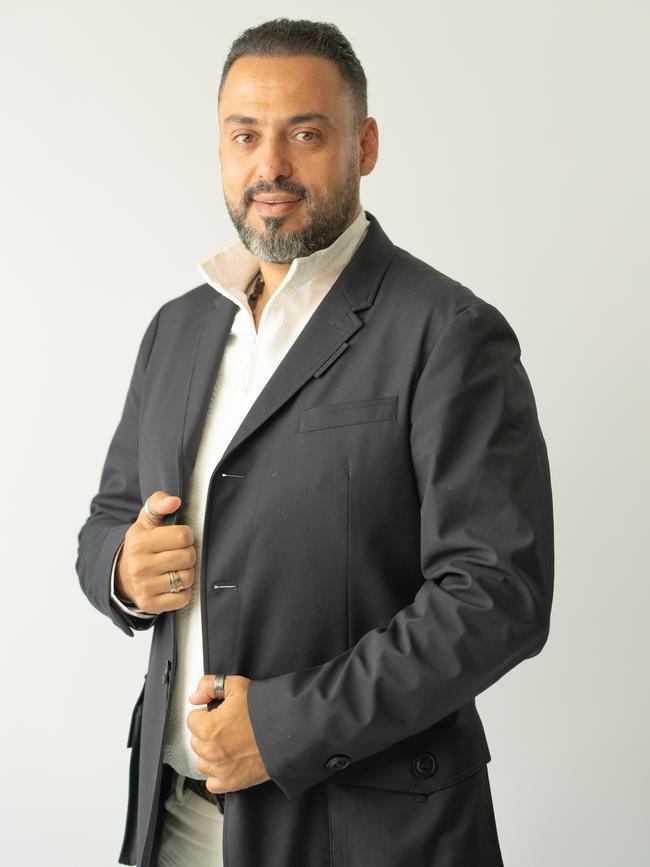Money makers: migrants who build businesses help Australia
Migration has become a controversial topic in recent years, but new Australians who start businesses add innovation to the nation.

Billionaires Frank Lowy and Harry Triguboff are often seen as Australia’s biggest migrant success stories, but many other new Australians are also turning hard work into wealth and business winners.
More than one-third of the nation’s small business owners were born overseas and 53 per cent are second-generation migrants, government figures show. Experts say they add diversity and innovation to Australia’s economy.
Ramneek Wayne, 32, is co-founder of disability support provider North Foundation, and migrated to Australia in 2016 with “no money behind me, no family or support network, just a dream big attitude”.
His business began in 2022, had four staff members by March 2023, and late last year held a disability expo attended by hundreds of people.
“I reached my first million-dollar milestone within three months of starting the business and grew the business into $20 million revenue in less than two years – with returns reinvested back in to drive continued growth,” he said.

“My entry into social services came through observation after witnessing gaps in the system while working as a Centrelink security guard out in Bendigo, Victoria. I saw first-hand the systemic failures that trap vulnerable families, especially those dealing with disability and domestic violence.”
A recent report by the Australian Small Business and Family Enterprise Ombudsman says13 per cent of all small businesses owned by migrants are in health care and social assistance.
The most common businesses with migrant owners are in construction and professional, scientific and technical services, it says.
Council of Small Business Organisations Australia CEO Luke Achterstraat said many migrants came here with a specific skillset or business idea and they already had a leaning towards being enterprenerial.
“Many have been brought up in family businesses,” he said.
Mr Achterstraat the “strong link between migration and small business” benefited Australia broadly.
“It means there’s more diversity and different perspectives, and we know that different perspectives generally drive innovation,” he said.
“Ninety per cent of innovation businesses are small businesses. It means we are getting new ideas, and innovation is a really important thing for the economy.”
Yasser Zaki, founder and chairman of health care, disability, technology and travel business Tender Love and Care, built his business from a single-site operation to one with more than 1000 employees.
“Coming from Egypt with a steadfast determination not to fail, I faced the complexities of navigating a new business environment with unfamiliar regulations, cultural expectations, and market dynamics,” said Mr Zaki, 43.

“I don’t define my wealth creation success by the money, but the experience people have from the value we create – seeing those outcomes is my actual success,” he said.
“It took nearly a decade to achieve my current business and financial success. Starting with my initial ventures in 2011, I achieved significant growth by 2016, expanding TLC into a multi-service enterprise that continues to flourish.”
India-born Mr Wayne said his journey from “zero” to business success was exhilarating and full of learning experiences.
“After seeing the hardship endured by my family, and the sacrifices they made to give me a better chance at life, failure to succeed was not an option for me,” he said.
Mr Wayne’s top tip for other migrants hoping to build a successful business was to “dream big”.
However, dreams without goals were just dreams, he said.
“You have to execute and that relies on building the right management structure and the right people around you to fill your skills gaps, whether that means bringing in a CEO, CFO or finding the right mentor.
“With the right mindset and support, anyone from any background can take control of their financial destiny if they really want to.”




To join the conversation, please log in. Don't have an account? Register
Join the conversation, you are commenting as Logout